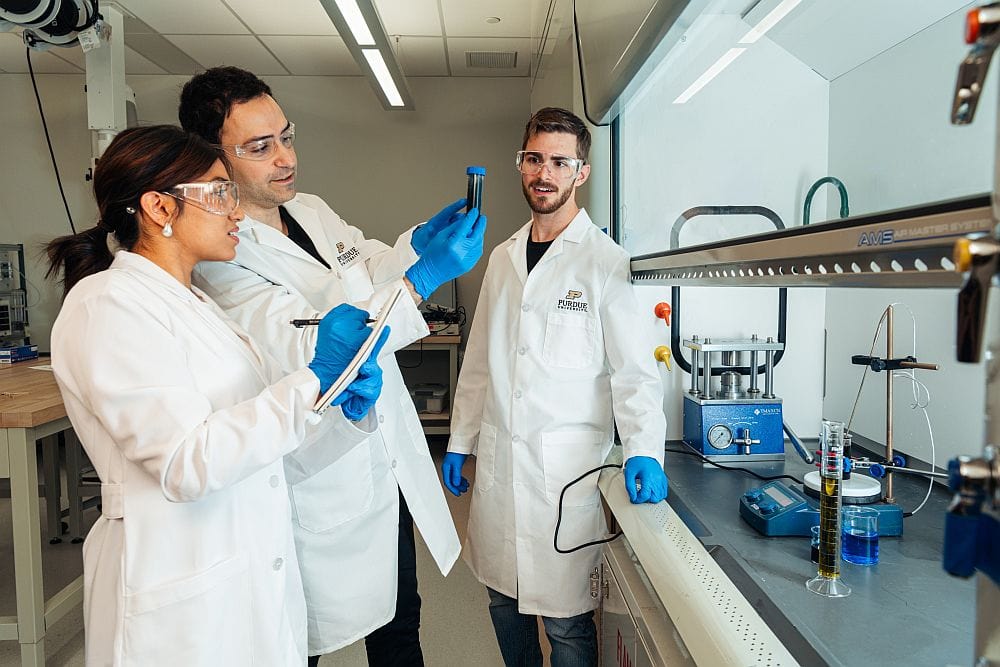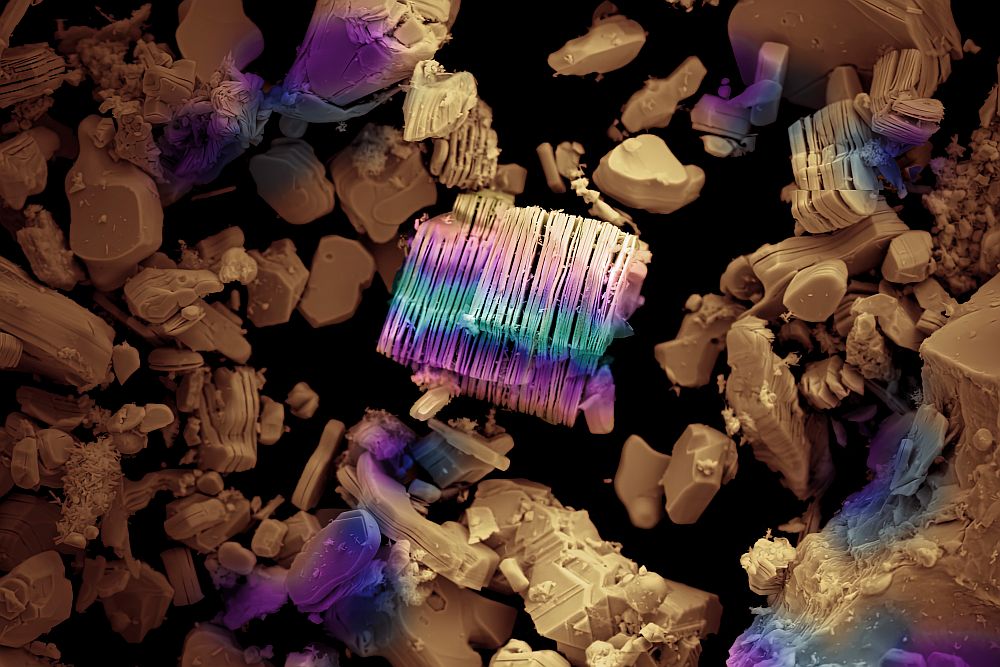Sometime in the near future, a visit to the dentist for teeth cleaning may involve putting such a fine polish on your choppers that harmful bacteria slide off before they can do harm. A recent study in the Journal of Dental Research shows that ultrafine polishing with silica nanoparticles may lead to a big leap in cavity and oral disease prevention. Researchers Igor Sokolov and Ravi M. Gaikwad at the Clarkson University Center for Advanced Materials Processing (Potsdam, New York) have been able to show that these nanoabrasives allow teeth to become “slippery,” allowing for the bacteria to be removed before damage to the enamel occurs. Simple rinsing may do the job. The approach uses techniques developed in the semiconductor industry (chemical mechanical planarization). Silica particles have been used for tooth polishing in the past, but at much large sizes. polishing with nanosized particles has not been reported. The researchers hypothesized that such polishing may protect tooth surfaces against the damage caused by cariogenic bacteria, because the bacteria can be removed easily from such polished surfaces. The Clarkson researchers’ findings were published in the October issue of the Journal of Dental Research, the dentistry journal with the top worldwide scientific impact index. Sokolov is a professor of physics, chemical and biomolecular science, and director of Clarkson’s Nanoengineering and Biotechnology Laboratories Center. This is one of the first research projects performed in the recently established NABLAB. Gaikwad is a graduate student in physics.
CTT Categories
- Biomaterials & Medical
- Material Innovations
- Nanomaterials


